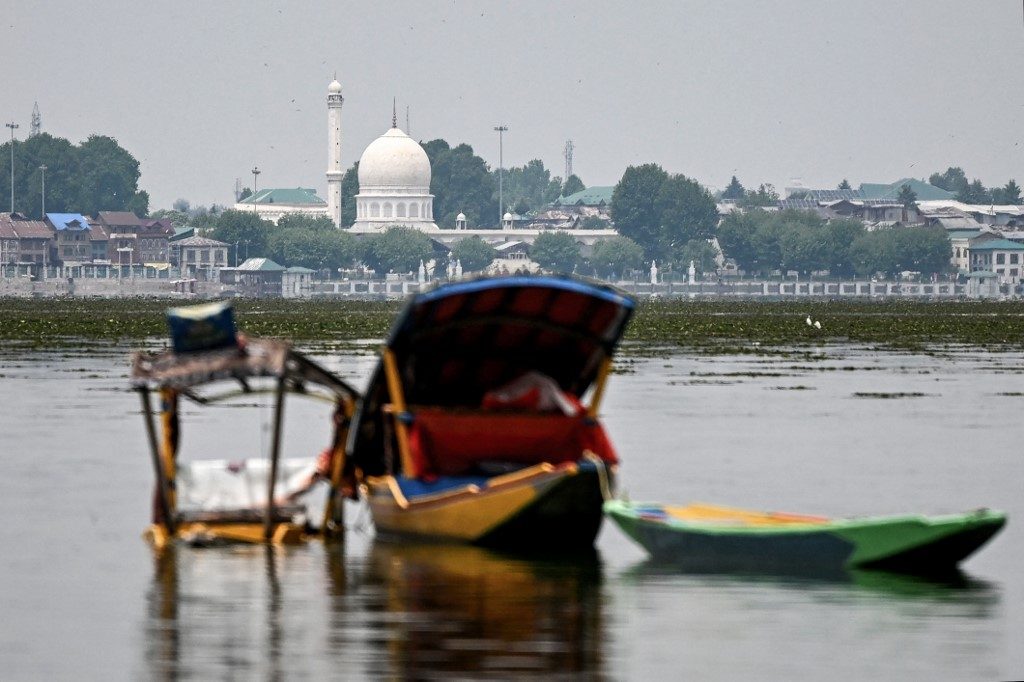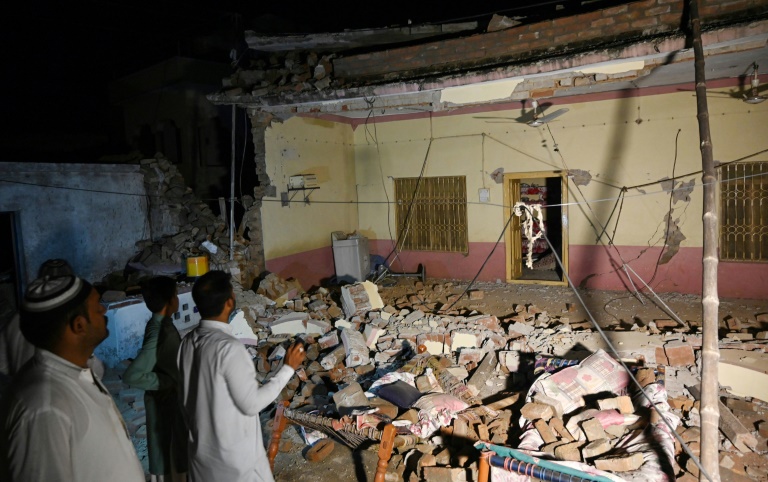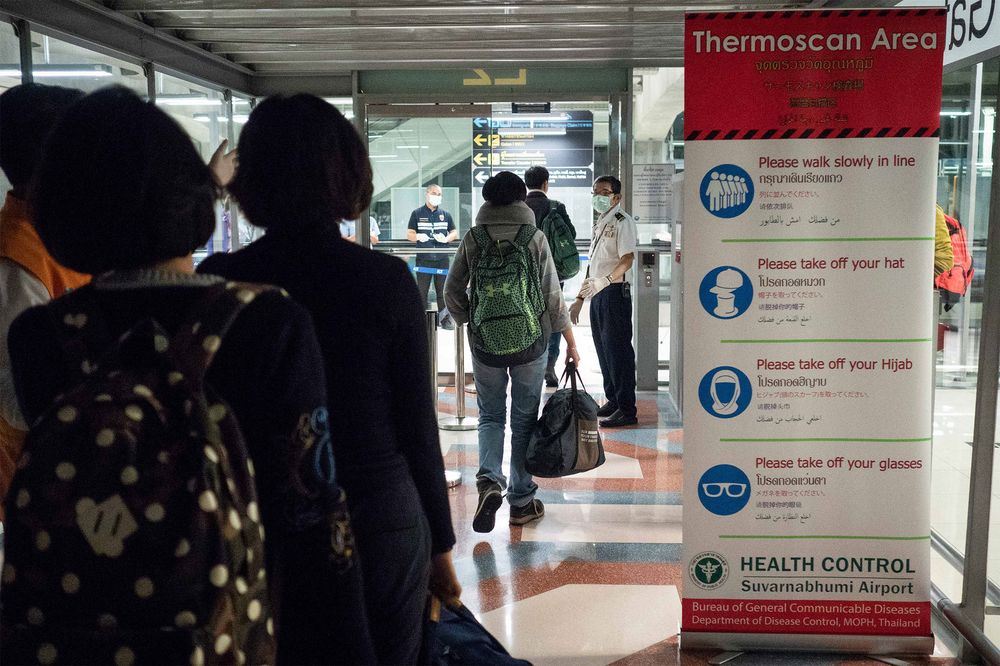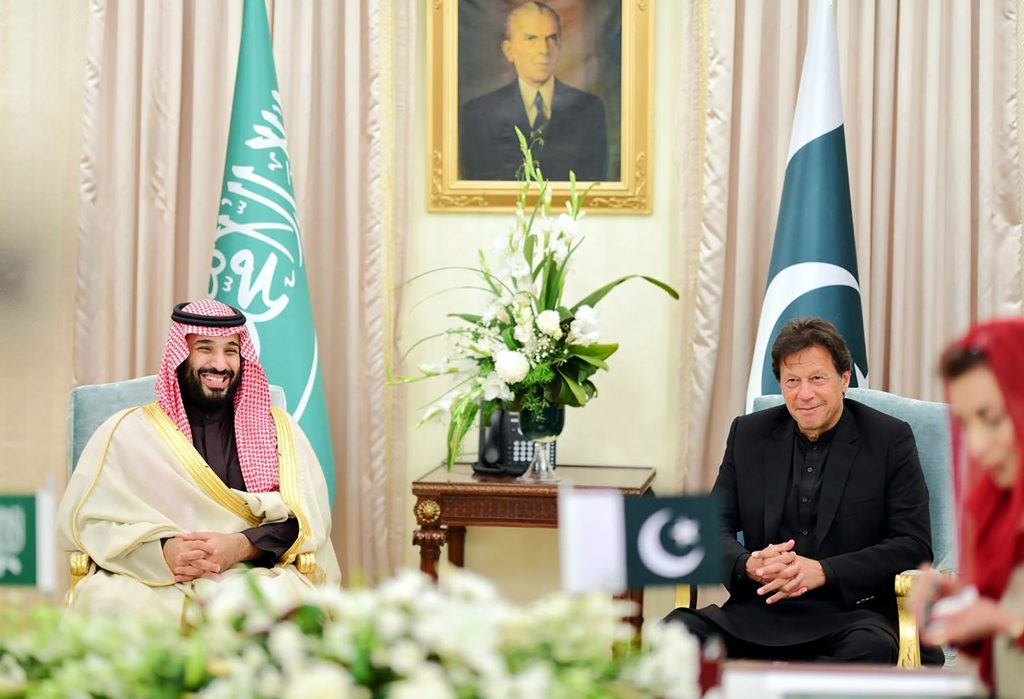
KARACHI — With the risk of dangerous escalation between India and Pakistan the highest in decades, only international mediation can stop a spiral into all-out conflict between the nuclear-armed foes, analysts say.
Pakistan said it launched counterattacks on Saturday after India struck three of its air bases overnight following days of missile, artillery and drone strikes across the border.
It is the first time since the India-Pakistan war of 1971 — before both got nuclear weapons — that they have struck deep inside each other’s territory, reaching as far as Karachi on the Arabian Sea coast.
These have also killed civilians far from Kashmir — the death toll on both sides is now over 60 — which further increases expectations on New Delhi and Islamabad to respond in a robust manner.
“Civilian casualties changes the entire situation and puts both governments under tremendous public pressure,” said Praveen Donthi, senior India analyst for the International Crisis Group.
“Both powers on their own are not going to de-escalate.”
Conflicts in more recent times have been confined mostly to in or near Kashmir, the Himalayan territory split between the two countries — and claimed by both in full — following independence in 1947.
Most recently in 2019, these have followed a pattern of brief, intense strikes and counter strikes, followed by a willingness on both sides to de-escalate.
“In this case, emotions and mistrust are so high that international mediation will be of the essence,” said Michael Kugelman, a Washington DC-based South Asia analyst.
“There’s still no clear path to an off ramp.”
There have been global calls for restraint but analysts agreed that actual mediation from the United States, Britain or Arab Gulf states was urgent.
“The efforts haven’t been as serious as they could have been, given that these are two are nuclear countries and they have a history of fighting each other,” said Abdul Basit, a senior associate fellow at S. Rajaratnam School of International Studies in Singapore.
The latest events, including claims of targeting each other’s air bases, should now “send the international efforts into overdrive,” Basit said.
“They need to knock some sense into their heads that this war is happening over populated areas — that one incident could suddenly turn into a nuclear flash point,” he added.
New playbook
US Vice President JD Vance on Thursday said the conflict was “fundamentally none of our business”, in comments that suggested President Donald Trump’s White House was not about to get involved.
But this now looks to have changed, with Washington saying early Saturday that US Secretary of State Marco Rubio spoke to India and Pakistan’s foreign ministers for the first time since the crisis erupted.
In addition Rubio talked with Pakistan’s army chief Asim Munir, considered the country’s key powerbroker.
Rubio “emphasized that both sides need to identify methods to de-escalate and re-establish direct communication to avoid miscalculation,” the State Department said.
Senior ministers from Iran and Saudi Arabia have also visited both countries in recent few days.
The last conflict in 2019 — in and around Kashmir and away from populated areas — ended with both sides claiming victory after mediation from the United States.
“But what we’re seeing now is unprecedented. We have not seen these types of attacks before — missiles, drones, planes sent over populated cities,” said Basit.
“It’s a new playbook,” said Basit, with mediators needed to “help with the victory narrative for both sides” in order to de-escalate.
‘Terrorist’ targets
The flare-up stems from an attack on tourists in Indian-administered Kashmir last month in which 26 people were shot dead and that New Delhi has accused Islamabad of backing.
Pakistan has denied any involvement and called for a neutral probe.
On Wednesday India launched missile attacks, striking mosques and seminaries in several cities that it called “terrorist” targets, killing more than 20 people including children.
“It was an unusually brutal attack on civilians who were singled out for their religion and that set the tone for India’s response,” Kugelman said, adding that India wants to show that it has “zero tolerance for terrorism”.
Pakistan says it is being punished for something it didn’t do.
“People in Pakistan are fed up of being blamed so often for things they say they have nothing to do with,” Kugelman said.
“If Pakistan were to hold back, that could be politically damaging because there is such a strong (public) view that more needs to be done.”
Kashmir key
Both countries have given their military operations religious names, appealing to strongly devout sentiments in their nations.
Rebels in Indian-administered Kashmir have waged an insurgency since 1989, seeking independence or a merger with Pakistan.
India regularly blames Pakistan for backing armed groups fighting its forces in Kashmir, a charge that Islamabad denies.
Relations have worsened under Modi’s more than 10-year Hindu nationalist government, which in 2019 brought Muslim-majority Indian Kashmir under direct rule.
“In the long term (Kashmir is) going to destabilise relations for at least another decade,” said Donthi.
“The Kashmir conflict is at the heart of this but that is almost forgotten when hostilities start.” — AFP
RELATED ARTICLES

Rescuers scramble to reach survivors as Pakistan quake toll climbs

COVID-19: Thailand suspends Visas on arrival for 19 countries and territories

Pratt & Whitney said to ship spare engines for India’s grounded IndiGo jets
Indian jewellery chain withdraws ad

Saudi prince starts Asia tour with deals to invest RM82b in Pakistan

Maldives’ ex-president Nasheed urges India to intervene to resolve crisis
The post Outside mediation now crucial for Pakistan and India appeared first on The Malaysian Reserve.
